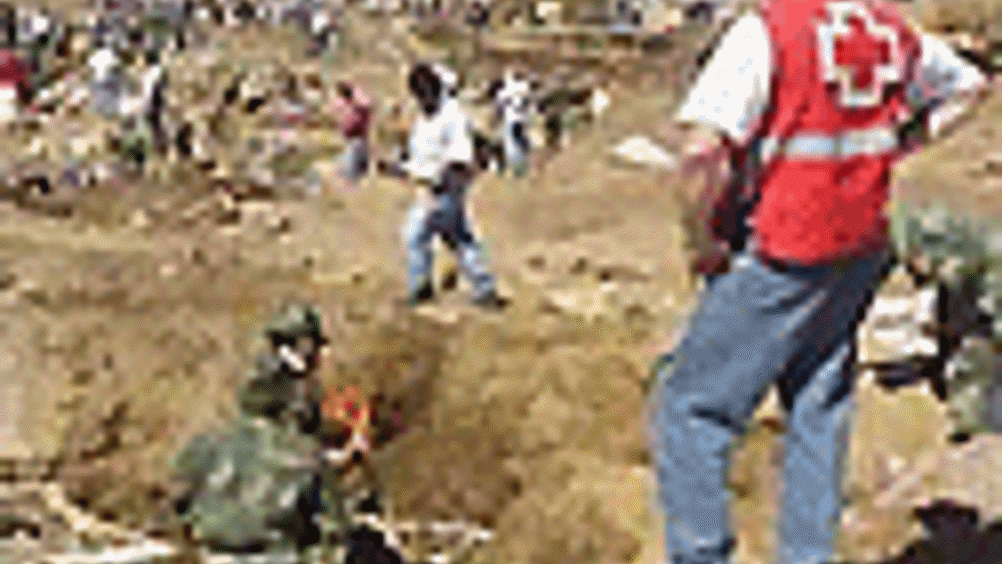Functional fibres make clever clothes

A project launched recently aims to monitor key health indicators of emergency personnel through wearable sensors integrated into their clothing.
The European Integrated Project ProeTEX (Protection e-Textiles: MicroNanoStructured fibre systems for Emergency-Disaster Wear) plans to develop an integrated set of functional garments for emergency disaster personnel, capable of monitoring physiological and environmental parameters, improving their safety, coordination and efficiency.
The project, launched in Luzern
The wearable systems developed by ProeTEX will monitor the health of the user through vital signs, biochemical parameters, activity and posture, and generate and store their own power. The outer layer will measure potential environmental hazards, such as adverse temperatures, and levels of carbon monoxide and other toxic gases. They also offer improved visibility, and continuously communicate data to the rescue operation control centre.
Project coordinator Professor Annalisa Bonfiglio, from the
Register now to continue reading
Thanks for visiting The Engineer. You’ve now reached your monthly limit of news stories. Register for free to unlock unlimited access to all of our news coverage, as well as premium content including opinion, in-depth features and special reports.
Benefits of registering
-
In-depth insights and coverage of key emerging trends
-
Unrestricted access to special reports throughout the year
-
Daily technology news delivered straight to your inbox










Water Sector Talent Exodus Could Cripple The Sector
Maybe if things are essential for the running of a country and we want to pay a fair price we should be running these utilities on a not for profit...